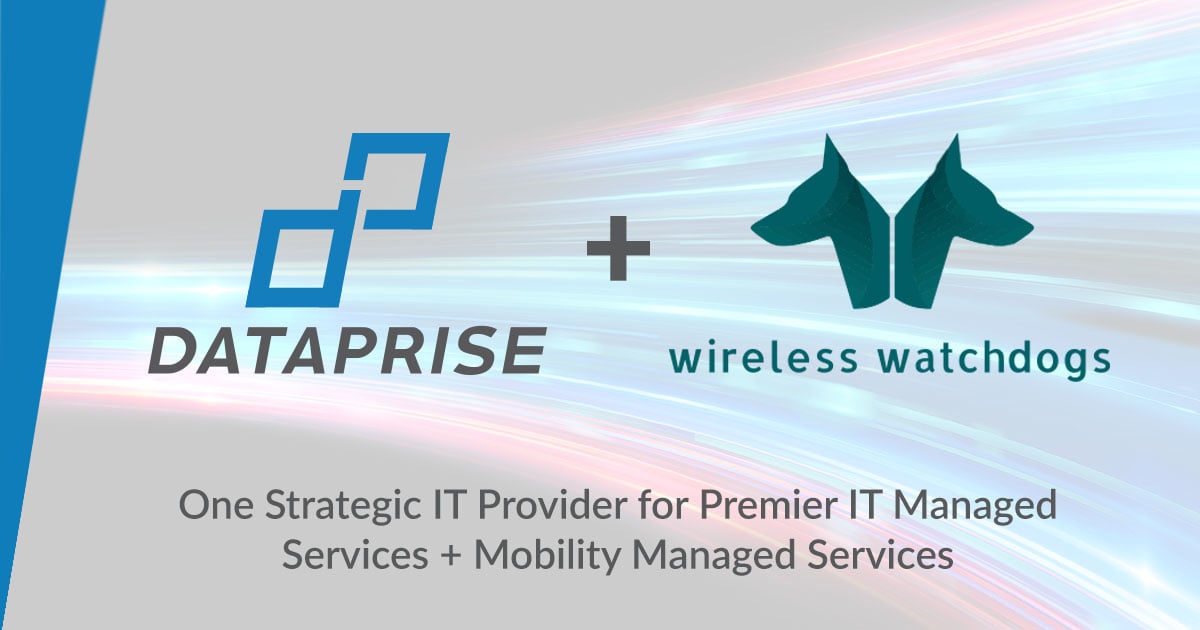According to the International Data Corporation (IDC), worldwide spending on mobile devices, software, and services will reach $1.85 trillion by 2019, with approximately $249 billion spent on things such as managed mobility services and solutions (MMS). This is a testament to how popular mobile devices are becoming across all sectors, industries, and regions—as well as why organizations are starting to invest heavily in MMS.
If your organization is currently planning on embracing mobile devices in 2018, then you’ll also want to consider an MMS to:
- Collect valuable user data and information
- Control expenses for your entire organization
- Maintain integrity and relevancy of software updates and network security
- Regulate and automate policies and processes
- Optimize spend and overall organizational performance
But, how will you know what MMS is right for your organization? Here are three things you’ll want to consider when comparing different MMSs.
1. Connectivity Optimization: Can the MMS Provide the Right Level of Service, at the Right Price?
Blue Hill Research discovered that MMSs deliver a three-year return on investment (ROI) of 184 percent for enterprises, and that not utilizing an MMS can actually cost an enterprise more than utilizing one. However, for an MMS to be effective and yield a high ROI, it also needs to provide the right level of service at the right price for each organization.
An MMS needs to provide each organization with customizable options that are unique to that organization, as each organization has different needs. Every organization has its own set of platforms and integrations and there is no one-size-fits-all MMS solution out there. MMSs that permit an organization to customize their services and pay for what they need, and not what they don’t need, should always be at the top of the list for consideration.
An MMS should be able to be built entirely around an organization’s current IT infrastructure and supported as little or as much as the organization needs once it’s deployed. Your organization will need to determine its current mobile requirements and infrastructure before considering an MMS, to ensure it fits within the current landscape of applications and IT systems being used.
In addition, your organization will need to consider if the MMS:
- Provides a cost-effective way for your organization to scale
- Offers the integrations, features, and capabilities your organization needs
- Comes with customer and technical support included
2. Does the MMS Offer Complete Reporting and Analytics?
To ensure your MMS solution is continually optimized for your organization, you’ll want to make sure it comes with complete reporting and analytics capabilities. You’ll want things such as:
- Reports on invoice management and yearly trends
- Savings reports and tracking
- Expenses across carriers, departments, users, accounts, and more
- Information and analytics on battery and hardware performance for each device
- Reports and analytics about device disruptions, especially security concerns
- Analytics regarding device utilizations (i.e., what apps are being used the most)
- Reporting on device application installations and usage, as well as data usage
With comprehensive MMS reporting and analytics, you’ll be able to keep the devices your employees are using secure and optimized. And you’ll know that you’re not spending more money than you have to each year.
3. Does the MMS Provide Help Desk Support, So Your In-House Team Doesn't Have To?
When considering an MMS, make sure it has ample support. Will the MMS be able to help employees of all levels who are based in various locations across an organization, city, or the globe at all hours of the day, 24/7?
In addition, look at online reviews to see what previous customers have said about their support. Was the MMS able to fix complex problems quickly for individual users? How responsive are they? Does it take them a long time to respond to concerns? Will they be able to remotely access various mobile devices if they need to fix an issue for an individual user? When your MMS has great help desk support, it’s less work your in-house team will have to do so they can focus on more pressing projects.
Keep the three considerations listed above in mind, if you want to choose the right MMS for your organization.
And if you're ready to learn more about what a managed mobility solution can do for your business, we encourage you to reach out and set up a free demo with personalized cost analysis with us today.








